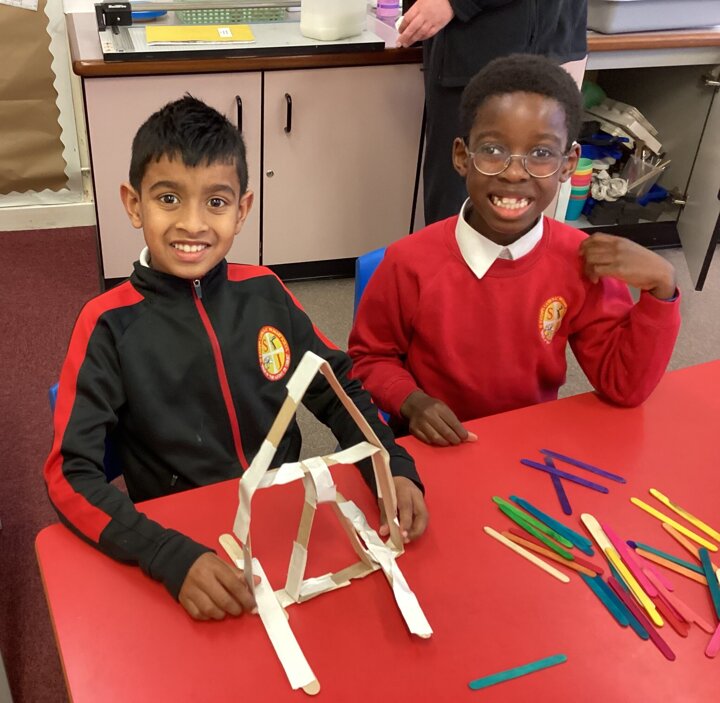Science
Subject Lead: Mr Scrimshaw
A warm welcome to our Science page. At St Joseph's, our curriculum has been designed to excite and inspire all of our children, ensuring it is purposeful, progressive and meaningful for every child.
Intent
Our intention is that every child will be an interest and inquisitive learner of Science. The basis of our curriculum is based on the National Curriculum program of study for each year group, with the aim to develop the very best scientists, well equipped to continue their studies in Science as they throughout their education. We challenge pupils to think, act and speck like those working in the field would, by developing a consistent approach across all year groups.
We intend that all pupils will develop their natural curiosity and confidence to question the world around them and to develop a passion for science and its application in past, present and future technologies. Pupils should be provided with a wide range of opportunities to think scientifically and develop their scientific skills to make predictions, plan fair tests and draw conclusions.
Implementation
Scientific skills are progressive, which are taught across sequences of lessons and units. Pupils are given a range of practical opportunities to develop and master these. The use of outdoor learning, educational visits and visits from those working in the field are encouraged to enable pupils to gain first-hand experiences to enrich their learning, understanding and cultural capital. Science can be enriched by meaningful links to other subjects within the curriculum, such as reading, writing, recording and interpreting results in mathematics and application of computing skills.
Impact
Pupils develop a knowledge of Science and are able to ask questions, and reach answers through investigations. They can theorise, plan fair tests and have the skills to conduct science investigation, recording their results, identifying patterns and drawing conclusions.
Pupil dialogue and work in books shows a high standard of Science being taught. Pupils are able to talk and can demonstrate their learning with scientific language and vocabulary about a particular topic. They can make links and connections to what they have been taught previously. Scientific learning and enjoyment is visible. Pupils will have experienced a wide breadth of study and cultural capital, be able to think, reflect upon, write and investigate. They will have an in-depth, long-lasting knowledge of scientific concepts and be able to think, write and read like scientists, ready for KS3 and beyond.
"The important thing in science is not so much to obtain new facts as to discover new ways of thinking about them."
-William Lawrence Bragg
